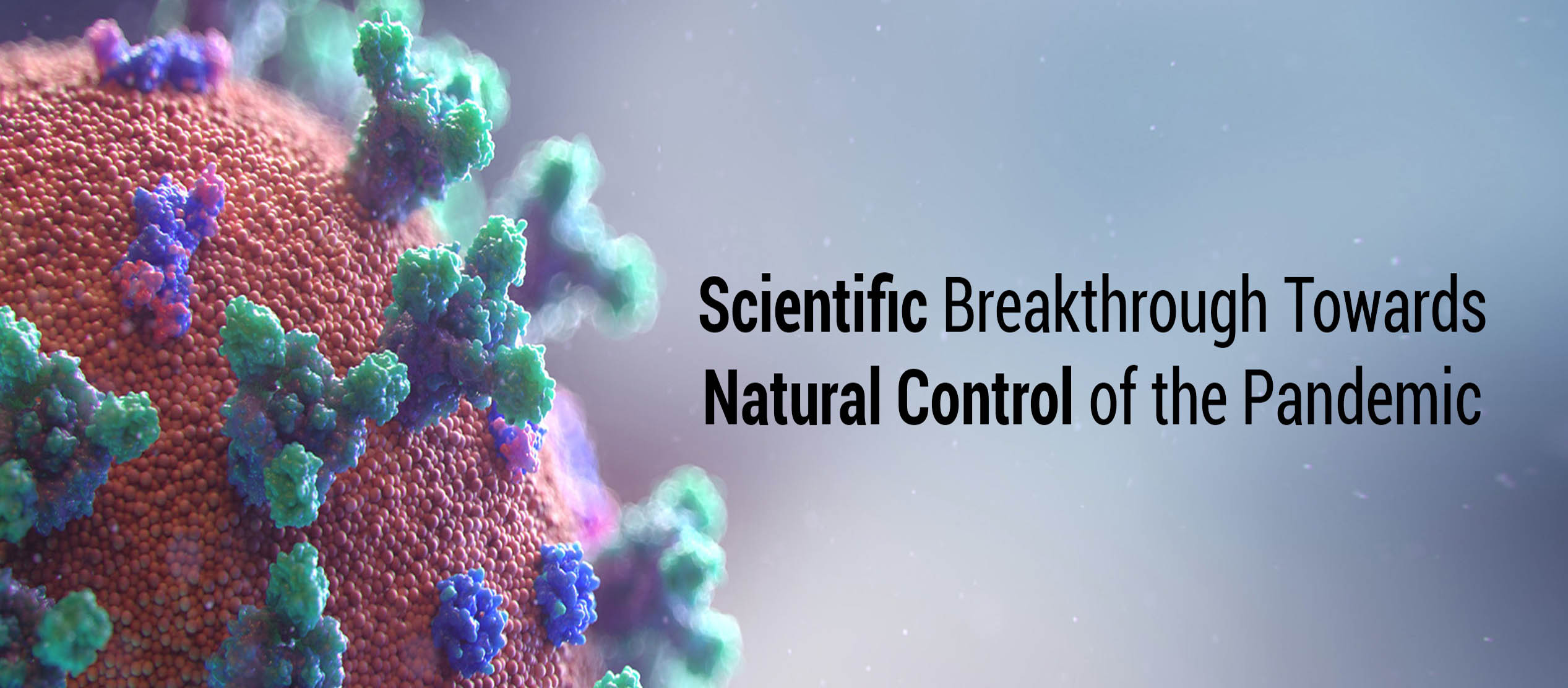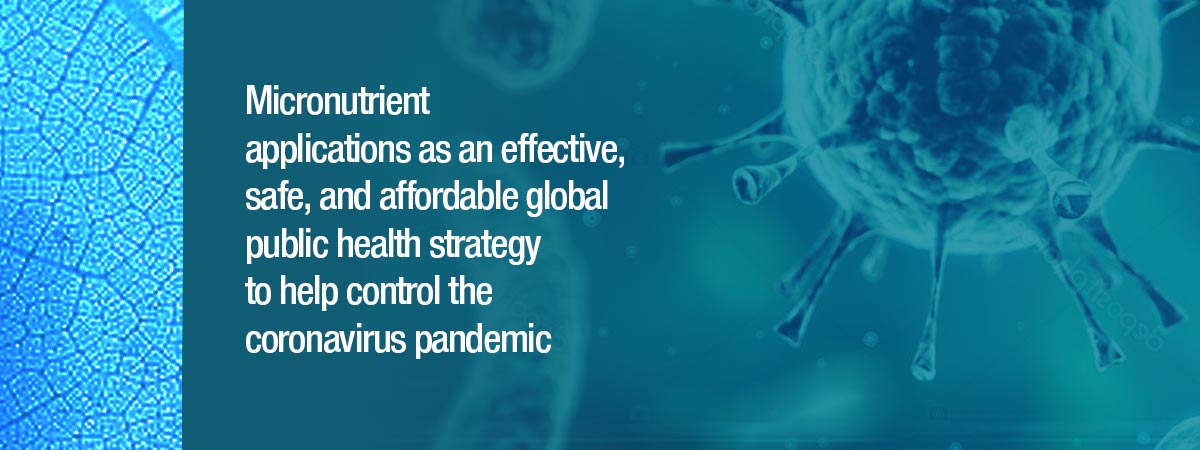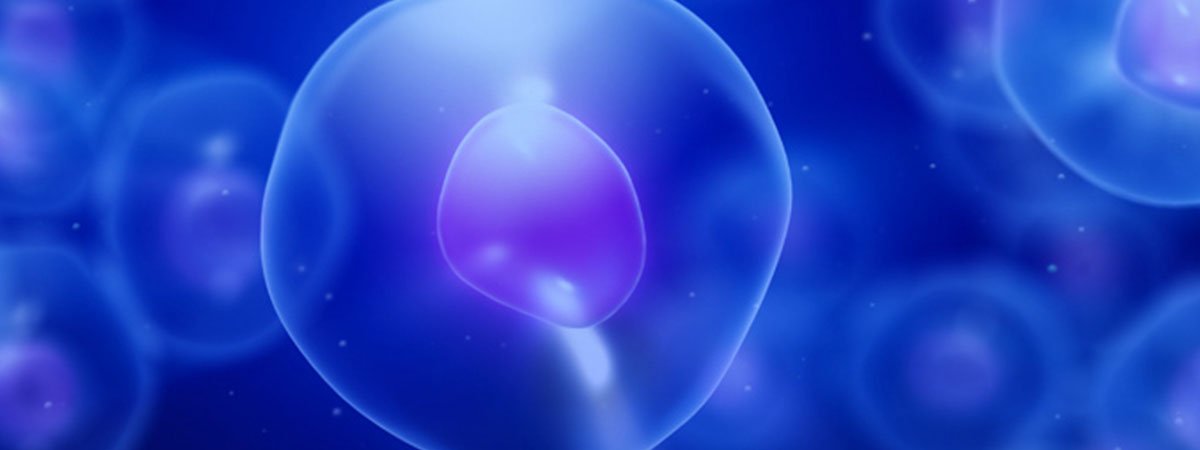Unique Pattern of Intraperitoneal Inoculation of Murine Breast Cancer Cell Line 4T1 in Female BALB/c Mice: Invasion of Skeletal Muscle by Breast Cancer
Roomi MW, Bhanap B, Niedzwiecki A, Rath M
Medical Research Archives, vol. 7, issue 11, November 2019 (DOI: https://doi.org/10.18103/mra.v7i11.1992)
Abstract:
Breast cancer is one of the most commonly diagnosed cancers in women that generally metastasize to local and distal organs. However, the invasion of skeletal muscle by breast cancer is an unusual and rare phenomenon. We report here a murine breast cancer model of invading skeletal muscles by breast cancer. The model consists of an intraperitoneal inoculation of 4T1 cells, a murine breast cancer cell line in female BALB/c mice. After 4 weeks of injections, all the animals developed a butterfly-like sheath structure on the dorsal side of the liver. Histological evidence suggests invasion of the skeletal muscles by breast cancer cells. Metastasis to the liver and lung was observed in some animals. To our knowledge, this is the first observed occurrence of its kind in an animal model. This model could be beneficial in the development of anti-metastatic and anti-cancer drugs.




















